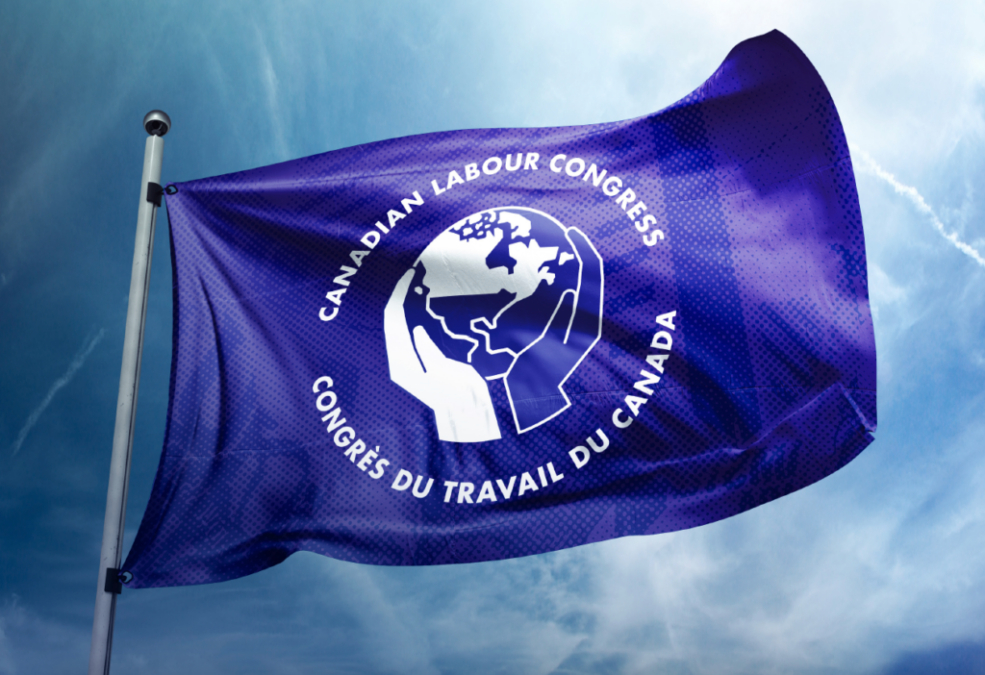As U.S. President Donald Trump moves forward with sweeping tariffs on Canadian imports, the Canadian Labour Congress (CLC) is hosting an emergency meeting Wednesday night to discuss the potential economic fallout for millions of workers and industries across Canada.
Set to take place virtually at 8 p.m. EST, the meeting will bring together union leaders representing over three million Canadian workers. A representative from the American Federation of Labor and Congress of Industrial Organizations (AFL-CIO) will also participate, providing insight into the challenges facing American workers as a result of the trade war.
Trump’s executive order, which includes a 25% tariff on all Canadian imports and a 10% levy on energy products, was initially delayed until March 4 after Canada agreed to new border security measures. However, with implementation now imminent, labour leaders are calling for urgent action to protect Canadian jobs and industries.
CLC President Bea Bruske emphasized that Canada must be prepared for the economic disruption. The CLC is calling for a “worker-first strategy” that includes:
Diversifying trade to reduce reliance on the U.S. market
Investing in domestic industries to strengthen economic resilience
Special employment insurance measures to support affected workers
Financial assistance programs for struggling communities
In addition to defensive measures, the CLC is urging Canada to retaliate with its own tariffs, suggesting the government cut off U.S. access to key resources such as electricity, lumber, minerals, oil, and gas if Trump’s tariffs take effect.
“Workers are worried,” Bruske said. “They need to know the government has their back.”
The CLC estimates that Trump’s tariffs could lead to the loss of 1.5 million Canadian jobs, shrinking Canada’s GDP by 2.6% ($78 billion CAD). The U.S. economy would also take a hit, with an expected 1.6% contraction ($467 billion USD).
This is the third emergency meeting the CLC has held since Trump proposed the tariffs in November, reflecting growing concerns that the trade war could severely damage Canada’s economy.
Trump has also signed an executive order for “reciprocal tariffs”, set to take effect in April, which would match the tax rates that other countries charge on U.S. imports. In addition, 25% tariffs on steel and aluminum will be implemented on March 12, with possible tariffs on automobiles and forest products coming later in April.
With economic tensions escalating, labour leaders are demanding a strong and decisive response.
“When you’re dealing with a bully, the only thing they understand is toughness,” Bruske said. “All measures need to be considered.”

